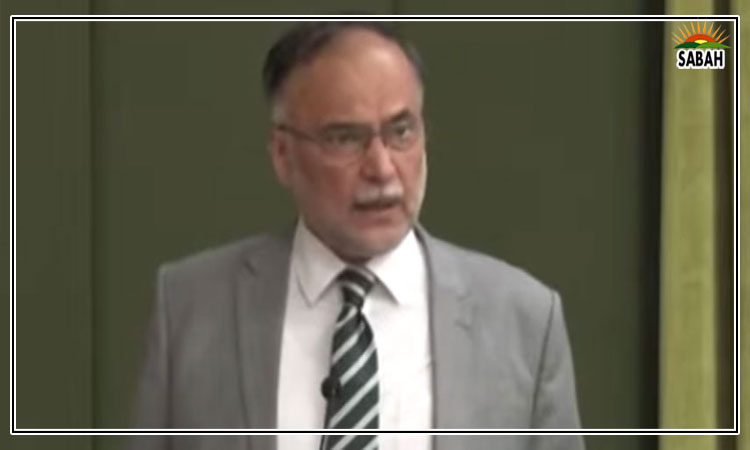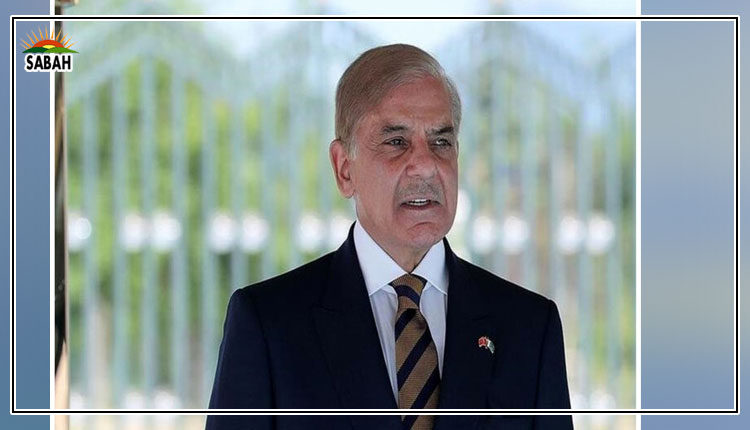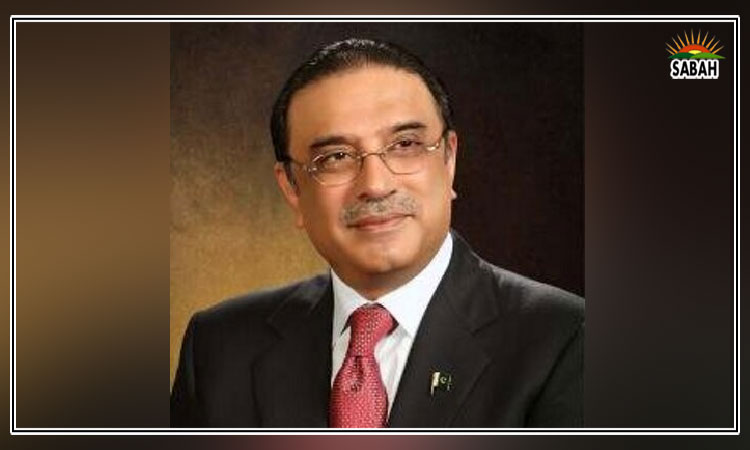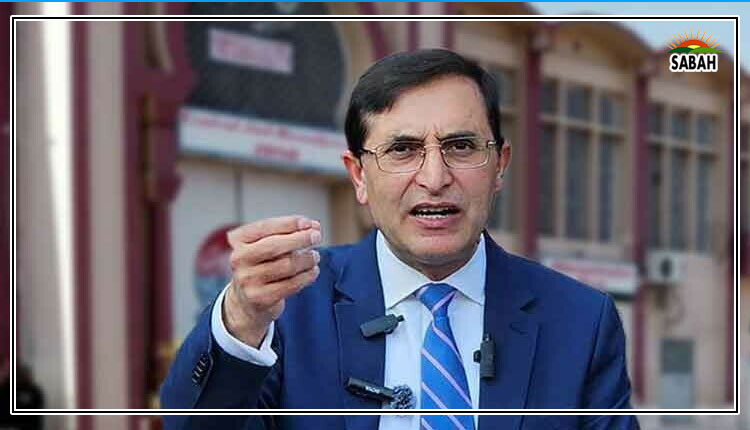Financing ‘loss and damage’…Syed Mohammad Ali
The ongoing assault on Palestinians, and the lingering conflict in Ukraine, will invariably complicate efforts to curb climate change at the next climate summit being hosted by the UAE at the end of this month. Trying to curb still uncontrollable carbon emissions will be hard enough. But another crucial issue which needs to be hammered out at the UAE moot is how to finance the proposed loss and damage fund for compensating poorer countries bearing the brunt of climate threats that they have done little to cause.
Thus far, global climate summits have paid more attention to the still unmet goal of reducing carbon emissions instead of also addressing the climate related havoc being caused in poorer countries. While the grouping of 77 countries in the global south finally managed to push through the demand of being compensated for climate induced damage at the last global summit (COP27) in Egypt, the exact contours of how this fund would function, were left unresolved.
There have been several meetings over this past year to figure out details. Poorer countries had been pushing for firm commitments by the rich industrialised world, which has historically been responsible for climate changing emissions, but powerful countries like the US had been resistant to the idea of making financial commitments obligatory.
A few days ago, there was some movement to overcome the emergent stalemate. Negotiators from the global north and south agreed to designate the World Bank as a temporary host for the proposed loss and damage for the next four years. However, the mechanism for providing the necessary financing for this funding mechanism remains undecided. Given the World Banks faith in market mechanisms, it has pointed to using carbon markets (whereby rich countries can pay poorer countries to offset their carbon footprint), in addition to seeking financial support from rich countries, to make the proposed loss and damage fund operational.
However, how much money is expected to come in to compensate for loss and damages, and how the incoming funds will be allocated to specific countries in the global south remains to be seen. Thus far, we have seen only modest pledges to help poorer countries cope with climate disasters made by a handful of countries including Austria, Denmark, Ireland, New Zealand and Scotland. Most wealthy nations have also repeatedly failed to deliver on earlier promises of helping poorer countries leapfrog reliance on fossil fuels in the pursuit to meet their energy and development needs. It is thus not unreasonable that a major trust deficit continues to prevail in the lead up to the next COP, in the absence of actual inflows from wealthy countries with major pollution records, including China, Britain and the US.
Yet, given the ongoing financial support being provided by Europe and the US to the resistance effort in Ukraine on the one hand, and to bolster the Israeli militarys assault on Palestinians on the other hand, dealing with climate threats across the global south seems like a less urgent priority.
It is unlikely that powerful countries, or the corporations, and wealthy individuals within them, will agree to wealth taxes which can be used to compensate poor countries for climate-induced damages. However, this may be a good time for the global south to collectively push harder for debt-for-climate swaps.
Demanding debt write-offs from multilateral and bilateral lenders at a time when there is at last some recognition concerning the need for accountability for environmental destruction may be an easier ask than expecting allocation of new funds to deal with climate disasters. The justification for debt write-offs will be more compelling if poorer countries simultaneously provide adequate assurances that they will use funds allocated for debt servicing to cope with climate disasters, and to invest in building resilience against impending climate threats. One wonders if Pakistani decision-makers headed to the COP28 are thinking along such lines.
Courtesy The Express Tribune












